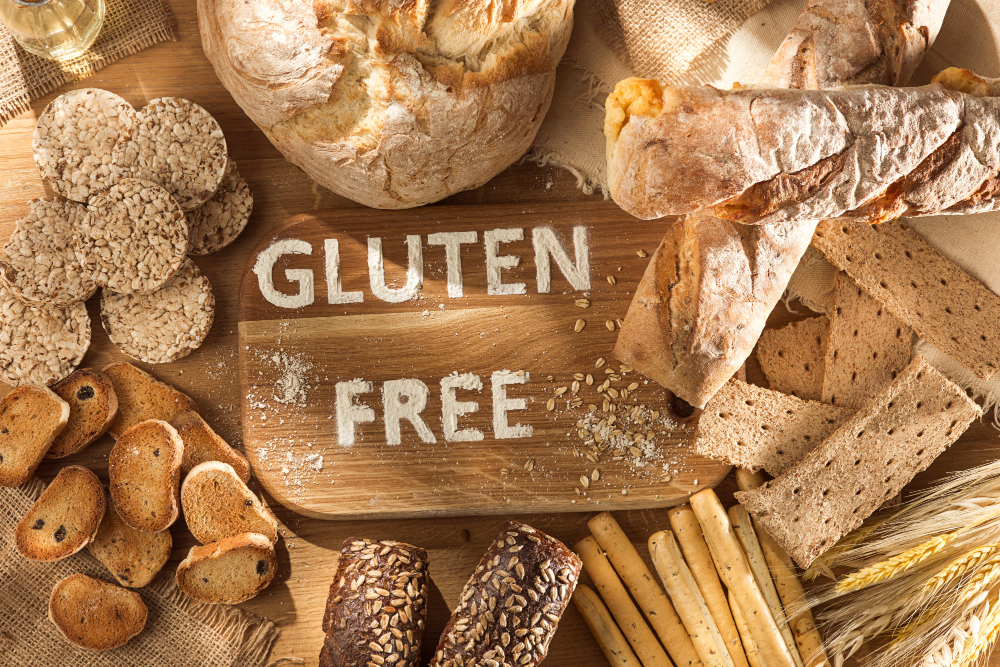Food addiction is a complex and often misunderstood condition that can have a significant impact on physical and mental well-being. Recognizing the symptoms of food addiction is crucial for understanding the underlying issues and seeking appropriate support and treatment. In this article, we will explore food addiction, its potential symptoms, and the importance of early recognition to promote recovery and a healthier relationship with food.
What is Food Addiction?
Food addiction refers to a compulsive relationship with food, characterized by an intense desire to consume certain foods, a loss of control over eating, and continued consumption despite negative consequences. It shares similarities with substance addiction, as both involve the reward pathways in the brain and can lead to adverse effects on physical and mental health.
Symptoms of Food Addiction
- Cravings and Obsession: Frequent and intense cravings for specific types of food or certain food groups can indicate food addiction. Persistent thoughts and preoccupation with food, even in the absence of hunger, are common.
- Loss of Control: Difficulty in controlling the amount or frequency of food consumption, leading to episodes of overeating or binge eating. Individuals may feel powerless to stop eating, despite negative consequences and a desire to control their eating habits.
- Emotional Eating: Using food as a coping mechanism to deal with negative emotions, stress, or boredom. Emotional triggers often result in consuming large amounts of food for comfort, leading to temporary relief followed by guilt or shame.
- Withdrawal Symptoms: Experiencing physical or emotional symptoms when attempting to cut back or abstain from certain foods. These symptoms may include irritability, restlessness, mood swings, anxiety, or depression.
- Tolerance: Developing a tolerance to certain foods, where the same amount no longer provides the same satisfaction or pleasure. This can lead to an escalation in consumption and a constant search for more intense flavors or larger portions to achieve the desired effect.
- Compulsive Eating Patterns: Engaging in secretive eating, feeling a loss of control during eating episodes, or experiencing a sense of guilt or shame afterward. Frequent episodes of overeating, consuming food in a rapid and mindless manner, or continuing to eat even when physically full are common signs.
- Physical and Emotional Consequences: Food addiction can lead to physical health issues such as weight gain, obesity, digestive problems, high blood pressure, diabetes, and heart disease. It can also have a significant impact on mental health, causing feelings of guilt, shame, low self-esteem, and a negative body image.
Seeking Help and Support
If you suspect you or someone you know may be struggling with food addiction, it is essential to seek help from professionals who specialize in eating disorders or addiction. Treatment options may include therapy, counseling, support groups, and nutritional guidance.
Recognizing the symptoms of food addiction is the first step towards understanding and addressing this challenging condition. By being aware of the signs of food addiction, individuals can seek appropriate help and support to regain control over their relationship with food, promote physical and mental well-being, and cultivate a healthier and balanced lifestyle.
Remember that seeking support is not a sign of weakness but a courageous step toward recovery and a happier, healthier future.
Image by eduardo2 from Pixabay
Diet
-

Can Arthritis Sufferers Benefit From A Gluten-Free Diet?
The relationship between diet and health has led to increased interest in dietary interventions for various medical conditions, including arthritis. One such approach is adopting a gluten-free diet, which involves eliminating gluten-containing foods. This article explores whether going gluten-free can benefit individuals with arthritis, examining both potential advantages and drawbacks. Understanding Arthritis and Gluten Sensitivity…
-

How to Overcome the Allure of Processed Foods and Make Healthier Choices
-

Foods that Fuel Fatigue: Be Mindful of Your Diet to Boost Energy Levels
-

The Health Benefits of Dark Chocolate for the Heart
-

Unveiling the Health Benefits of Pickles and How to Find the Healthiest Options
-

Nourishing Your Bones: 6 Essential Foods for Osteoporosis Prevention
-

Stock Up with Healthy Snacks with These 10 Easy Tips









Leave a Reply